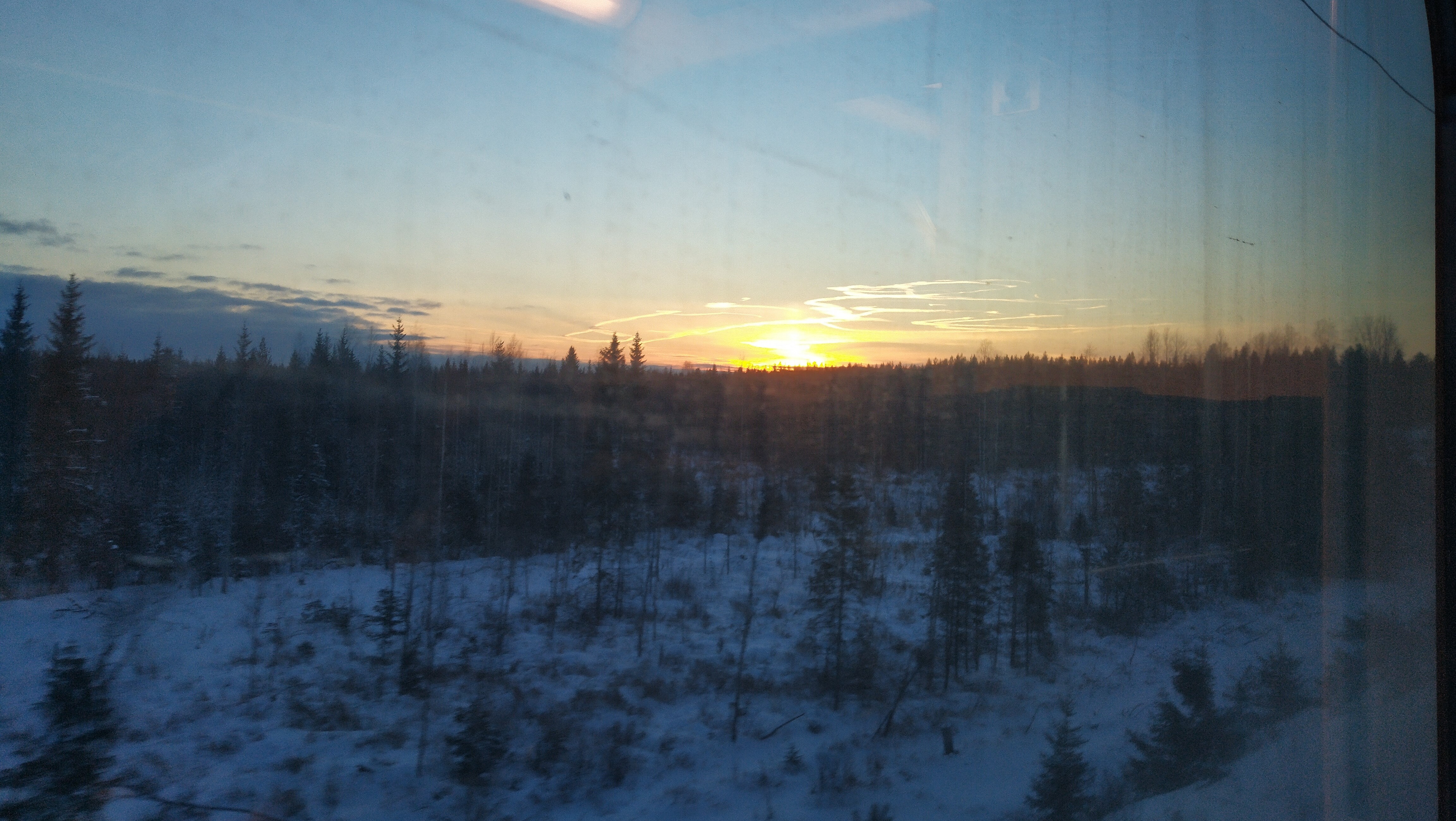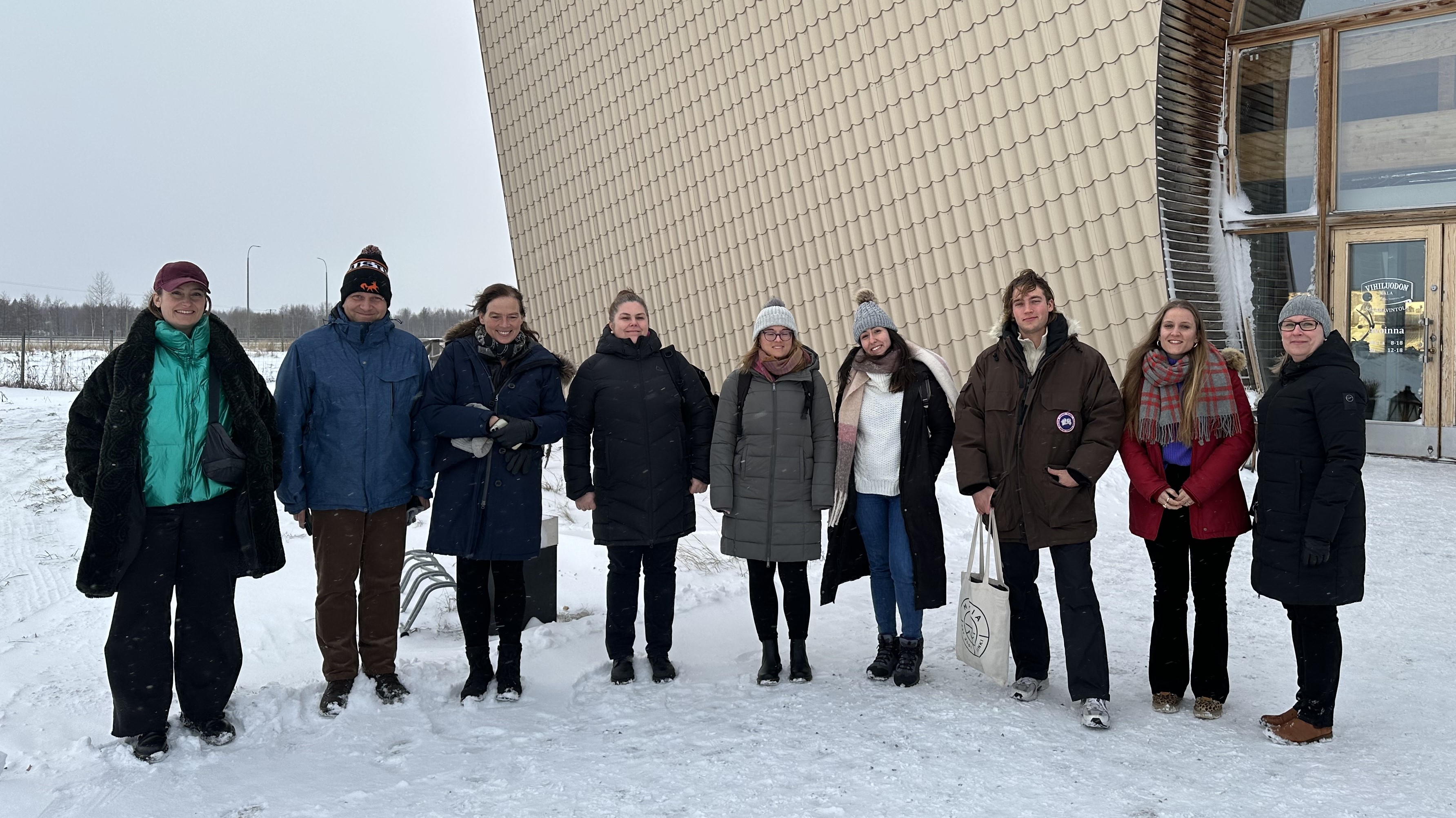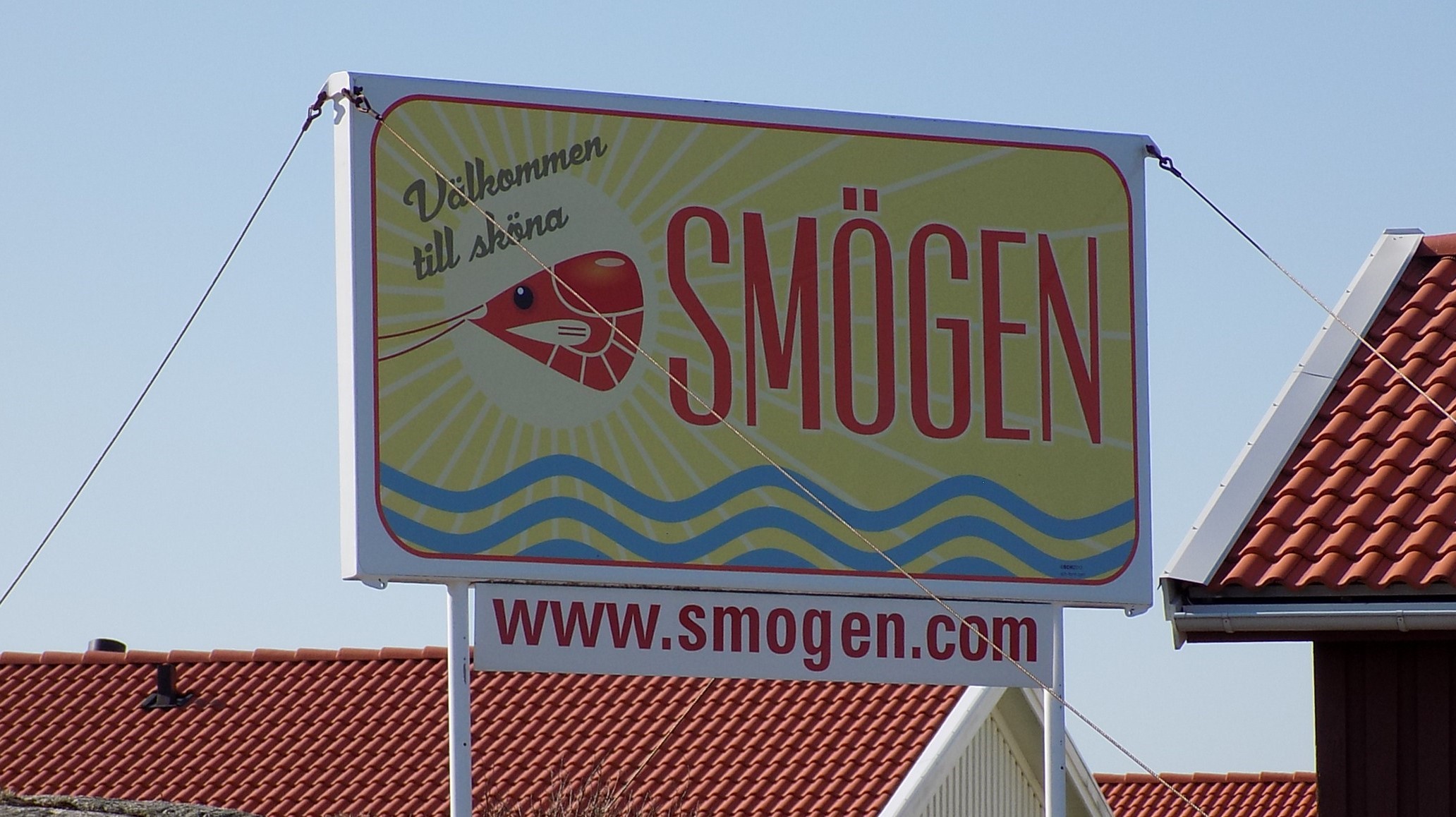Neither snow, nor frost will keep CIRCNETS from delivering…
The temperature is below zero, the ground is covered by snow and the pavements are slippery because of ice. Add to that mix freezing Arctic winds and only 5 hours of daylight in the middle of day. But have no fear, CIRCNETS will keep on rolling…

"Snow, it won't be long before we'll all be there with snow..."
With hopes of heading to the winter wonderland, the CIRCNETS partners from Sotenäs, Reykjavik, Ålesund, Galway and Roscommon arrived in Oulu on the last week of November. The lead partner, University of Oulu, had agreed to host the second partner meeting of the project, but due to time management issues the meeting was postponed to end of November. On their flight to Oulu the partners realized that their dreams had been fulfilled. They could see snow on the ground as they were flying northwards. However, as they stepped out from the Oulu airport, they realized that they might have gotten a bit more than they had hoped for. The thermometer had dropped to -15 Celsius.
"Working 9 to 5..." - and beyond
Cold weather is not an excuse to feel sorry about oneself, it is an issue that can be addressed by dressing warmly. Therefore, the partners were not held back by it either and plunged into action before the dawn on Tuesday morning as they gathered at University of Oulu. In each partner region an online survey for fishing ports had been carried out to find out whether there is separate collection of EOL fishing gear. The main findings of the survey were discussed by the partners and also the progress with a similar survey, which had been opened also for aquaculture companies. The outcomes of these surveys form the foundation of the first deliverable report of the project, “NPA Port Report: Review of the current gear collection and disposal practices in NPA fishing ports”. As plastic containing aquaculture gear is considered as fishing gear, these must be included in the report as well. The progress with this report and other reports of the WP1, Analysis of fishing gear volumes and collection responsibilities & practices in NPA ports, were also discussed on the first meeting day at the university of Oulu. Intensive talks about the stakeholder involvement and dissemination issues in general kept the partners fully occupied till late and the partners headed back to their hotel close to 18.00 in the evening. Since the sun had set already at 14:40, time had lost its relevance, and the partners could focus fully on making the most out of the common time spent together.
"How much is the fish?"
On Wednesday morning after a well slept night and nutritious breakfast the partners were ready to tackle the challenges of a new day. The partners were fetched from the hotel by car and after admiring the Oulu countryside at dawn from the highway for roughly 15 to 20 minutes, the partners reached their destination: a local fish processing facility/fish restaurant run by Vihiluodon Kala. The CEO of the company welcomed the visitors who had travelled from far away and told briefly about the operations of the company. Local freshwater and saltwater fish – from tiny vendace to “this big” pikes and burbots – is processed at the site, but the most important article is the Norwegian farmed salmon. The company had started purely as a fish processing company, but when a new processing facility was built, restaurant and a fish counter were added into the blueprints as well. Branching out to restaurant business and being able to sell fish directly to end users was seen as a way to improve economic viability of a small company, which is trying to keep up among the bigger players operating in the fish processing field. This has paid off in the end, good location next to the highway and the fresh, well-prepared fish has brought them a steady stream of customers, which the partners could witness by themselves at lunch. However, before the partners could enjoy the delicacies of the kitchen and fill their bellies there was work to be done. The partners discussed in detail the upcoming activities of WP2, NPA Marine plastic mitigation model (collection, treatment, reuse). Several webinars, seminars and other events were planned for the upcoming year. The aim of these events is for instance to share the good practices in EOL fishing gear collection and reuse of collected materials. There is a lot of economic potential in collected EOL fishing gear, and finding ways how these could be utilized in the NPA region is one of the goals of the project.

"Are we there yet?"
After enjoying the savory treats of the kitchen and finishing the meal with a cup of "damn good coffee", the partners thanked the kitchen for their serving and headed back on the road. The car pointed towards Oulu again and after a short scenic drive through the city, during which the partners could admire it in daylight for the first time, the car arrived at the Botanical garden of the University of Oulu. Darkness was starting to descend already, but even in north life can be sustained around the year, as the short tour of the indoor gardens demonstrated. After this it was time to focus on the final issues on the programme, on reporting and other upcoming tasks.
"Oulu, over and out..."
Intensive four days were sealed off on Thursday morning, when Team Oulu continued with a short meeting with the representatives of the NTNU team. WP3 – Implementation of EPR for EOL fishing gear in NPA countries – was shortly discussed by the participating partners. How has Extended Producer Responsibility (EPR) worked in other sectors, what should be the main takeaways from those schemes, that should be included in this analysis? Lot of ground was covered again, while other tasks still remain to be done. But collaboration is a magical power that can transform even a most demanding task into a manageable one. Then it was time to bid adieu and wish safe travels to the remaining guests. Snow, frost and lack of daylight did not keep the partners from delivering, CIRCNETS is rolling forward…





